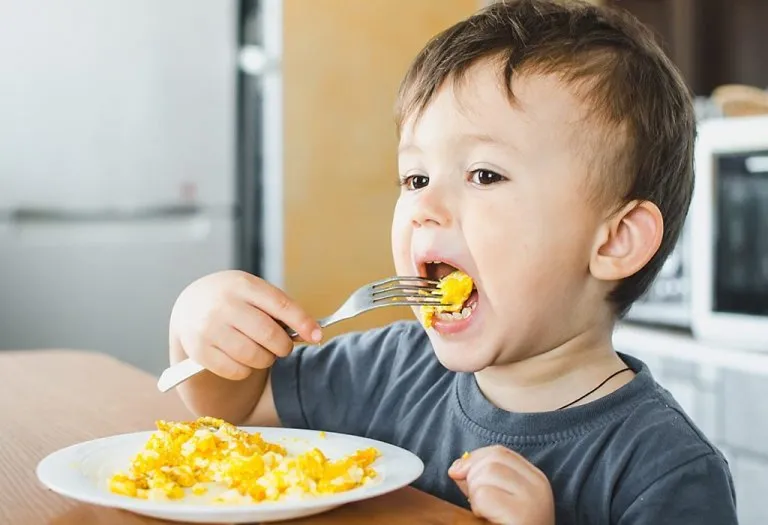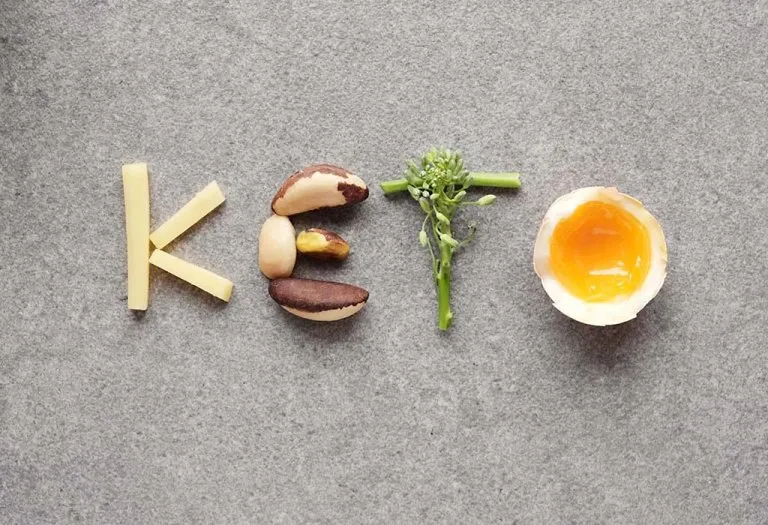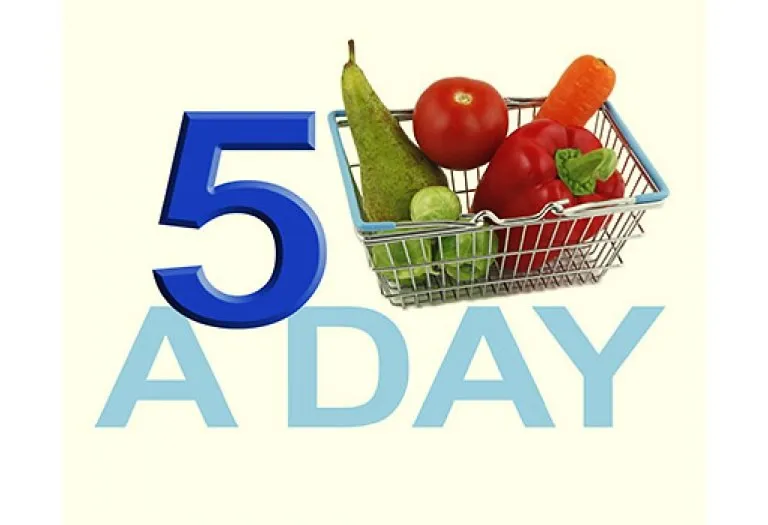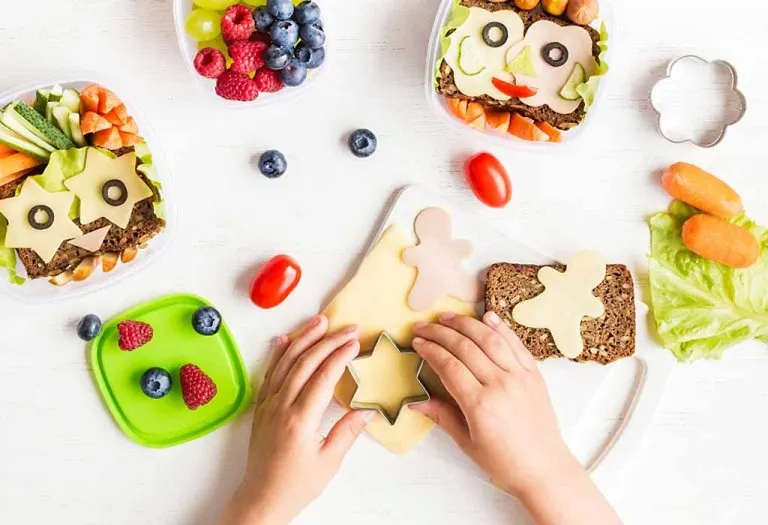Protein for Kids – Benefits, Requirement & Foods

- Benefits of Protein for Kids
- How Much Protein Do Children Need?
- Which Are the High Protein Foods for Kids?
- Tips to Make Your Child Eat More Protein-rich Foods
- FAQs
Children are selective when it comes to food, but getting them to eat a well-balanced diet (and explaining the importance of a nutritious diet) is one of the prime responsibilities of a parent. Your child needs to eat a nutritious diet for his proper growth and development. One important part of his diet should consist of protein. You need to keep track of your child’s protein intake because protein is a must for kids in their growing years. Read on to know how much protein your child needs, the benefits of protein for kids, and more.
Benefits of Protein for Kids
Read on to know why your child’s diet should include protein-rich foods.
1. It helps build muscles
Protein helps in building, maintaining and replacing tissues in the body. Protein is the building block of life and the most important nutrient for building muscles.
2. It promotes the growth of cells
Protein is necessary for the generation and regeneration of cells in the body. It aids in blood replenishment, heals wounds, and also regulates the growth of hair and nails.
3. It helps boost metabolism
Protein, in the form of enzymes and hormones, ensures that the metabolism of the body remains in a healthy shape.
4. It helps strengthen the immune system
Protein can help keep a child’s immune system strong and thus help him fight off disease-causing bacteria and viruses. Protein works as antibodies that provide assistance to the immune system.
5. It helps in the production of haemoglobin
Protein helps in the production of haemoglobin which is an important component of the blood as it helps to carry oxygen to all parts of the body.
6. It is a good source of energy
The body needs carbohydrates to produce energy. When there is a shortage of carbohydrates, the body can use proteins to get calories and produce energy.

How Much Protein Do Children Need?
How much protein do kids need? A child’s protein requirements depend on his body and his age. Since protein is an important nutrient for your child, it is necessary to ensure that your child’s ideal protein requirements are met on a daily basis.
Listed below is the protein required for kids of different age groups:
- 0 to 6 months of age: 6.7 grams of protein every day
- 6 to 12 months of age: 8.8 grams of protein every day
- 1 to 3 years of age: 13 grams of protein every day
- 4 to 8 years of age: 19 grams of protein every day
- 9 to 13 years of age: 34 grams of protein every day
Which Are the High Protein Foods for Kids?
There are many protein options for kids. To ensure that your child gets enough protein through his diet, you can consider including the following protein-rich foods in his diet.
1. Milk or Soy Milk
Milk is an excellent source of protein, calcium, and vitamins that are crucial for your child’s development. It aids in strengthening bones, supporting muscle growth, and enhancing immunity. For those who are lactose intolerant or follow a vegan diet, soy milk is a great plant-based alternative that provides similar nutritional benefits. A cup of milk or soy milk contains 8 grams of protein, fulfilling 42% of the daily protein requirement for children aged 4 to 8, and 24% for those aged 9 to 13.
2. Eggs

Packed with protein, eggs are a fantastic addition to your child’s diet. In fact, eggs are one of the best protein foods for children. Offering a hard-boiled egg or an omelette for breakfast is an easy way to ensure they receive high-quality protein. One large egg delivers 6 grams of protein, which covers 32% of the protein needs for children aged 4 to 8 and 18% for those aged 9 to 13.
3. Meat
Skinless chicken and other lean meats are abundant in protein, making them an excellent choice for your child. A 3-ounce portion of chicken provides a generous 21 grams of protein, meeting 111% of the daily requirement for kids aged 4 to 8 and 62% for those aged 9 to 13. You can serve chicken in various forms, such as curry or grilled pieces, to keep meals tasty and nutritious.
4. Fish
Fish like salmon, tuna, and mackerel are rich in both protein and omega-3 fatty acids, which are essential for brain development and overall growth. A 3-ounce serving of fish provides around 21 grams of protein, meeting 111% of the protein needs for children aged 4 to 8, and 62% for those aged 9 to 13. Incorporating fish into your child’s diet—whether grilled, baked, or in a stew—provides not just protein but also vital nutrients for optimal health. Consider serving fish in various fun ways, like fish fingers, fish tacos, or a simple fish curry to make it more appealing to your child.
5. Lentils and Beans
Lentils, chickpeas, and beans are packed with plant-based protein, making them a wonderful addition to any meal. A half-cup of lentils or beans provides 9 grams of protein, which covers 47% of the daily needs for children aged 4 to 8 and 27% for kids aged 9 to 13. You can incorporate them into soups, curries, or even as a filling for wraps to make the meals both flavorful and nutritious.
6. Quinoa
Quinoa is a gluten-free, protein-packed grain that contains all nine essential amino acids, making it a complete protein. A 1/3 cup of cooked quinoa delivers 3 grams of protein, contributing to 16% of the daily needs for children aged 4 to 8 and 9% for those aged 9 to 13. It can be served as a side dish or mixed with vegetables to enhance your child’s meals.
7. Cottage Cheese
Cottage cheese is a rich source of protein and calcium, promoting bone health and muscle development in children. It’s also low in fat, making it a versatile option for snacks or meals. One ounce of cottage cheese provides 7 grams of protein, fulfilling 37% of the protein requirement for children aged 4 to 8 and 21% for those aged 9 to 13. Add it to salads, sandwiches, or even enjoy it on its own for a nutritious treat.
8. Tofu
Tofu is an outstanding source of plant-based protein, especially for vegetarian or vegan children. Its mild flavor makes it easy to incorporate into various dishes, from stir-fries to curries. A quarter-cup of tofu provides 7 grams of protein, meeting 37% of the daily protein needs for children aged 4 to 8 and 21% for those aged 9 to 13.
9. Hummus
Made from chickpeas, hummus is not only protein-rich but also a tasty and versatile snack. It’s easy to pair with vegetables, pita bread, or whole-grain crackers for a protein boost. A 1/3 cup of hummus contains 7 grams of protein, covering 37% of the daily needs of children aged 4 to 8 and 21% for those aged 9 to 13.
10. Nuts and Seeds
Nuts such as almonds and walnuts, along with seeds like chia, flax, and pumpkin seeds, are excellent protein-rich snacks for kids. A quarter-cup of mixed nuts and seeds provides 6 grams of protein, which accounts for 32% of the daily protein requirement for children aged 4 to 8 and 18% for children aged 9 to 13. You can easily incorporate them into yogurt, sprinkle them on cereals, or serve them as a quick snack.
These were some of the best proteins for kids. For those of you who are strictly vegetarian, you can give plant-based food items such as peanut butter, soymilk, tofu, nuts, legumes, soy yoghurt, and seeds to your kid. They are not only healthy and filled with protein, but also taste good.
Tips to Make Your Child Eat More Protein-rich Foods
Making sure that your kid eats nutritious food can be difficult. Children tend to be inclined towards junk food (which excites their taste buds) and avoid good food. The best way to make your child eat nutritious food is by mixing up regular food items with food that is tasty yet healthy in order to draw a balance between taste and nutrition.
Here are tips to make tasty yet high protein snacks for kids which they will relish and also get nourished.
1. Start your Little One’s Day with a Protein-rich Breakfast
Breakfast is an important meal of the day, so make it nutritious and tasty for your child. Some protein-rich options that your child would love to eat include dal cheela, paneer paratha, paratha with curd, and paneer sandwich. Your child is sure to love these tasty breakfast options and will get a good dose of protein through them.
2. Make Chicken a Little More Exciting
The best way to get your child to eat some veggies is by making a patty out of chicken or cottage cheese, stuffing it between two pieces of buns and making a burger. Flavor it with a tangy sauce, and your child will relish it.
3. Ensure Evening Snacks are Filled with Proteins
When your child asks for evening snacks, let him have protein-rich snacks like milkshakes, yoghurt, cheese, nuts or hummus.
4. Make a Protein-rich Dessert
We all enjoy eating sweets, and we’re sure your child enjoys them too. And when he asks for a dessert, you wouldn’t want to say no. So how about you make a healthy, protein-rich dessert for him? Your little one will relish the dessert, and you can stay assured that he is getting protein. You can make milk pudding, quinoa pancakes, lentil pancakes, etc. They are a good source of protein! You can even give him homemade besan ke laddu and fruit yoghurt.
5. Add in a Surprise Element
Quinoa, amaranth, seeds, and nuts are all becoming popular snack options, thanks to their nutritional qualities. They are a good source of protein, potassium, zinc, and iron. So prepare delicious food using these delicacies. You can add apricots, amaranth, and pistachios to whatever you make. The recipe will look tempting, and your child will love it.
FAQs
1. Can too much protein be harmful to kids?
While protein is essential for growth, consuming too much can put strain on a child’s kidneys and liver. It’s important to follow recommended daily intake guidelines and balance protein with other nutrients like carbohydrates and fats for optimal health.
2. Are plant-based proteins as effective as animal proteins for kids?
Yes, plant-based proteins, such as those from beans, tofu, and lentils, can be just as effective as animal proteins when consumed in adequate amounts. Combining various plant protein sources ensures that your child gets all the essential amino acids.
3. How can I ensure my child gets enough protein on a vegetarian diet?
To ensure your vegetarian child gets enough protein, include a variety of protein-rich plant foods in their diet, such as beans, lentils, quinoa, tofu, and dairy products. Consider consulting a pediatrician or nutritionist for personalized guidance.
It is very important to provide sufficient protein to a growing child. It is a key element in muscle building and cannot be ignored. With a little bit of innovation in your child’s daily diet, it is possible to fulfil the body’s protein requirement.
References/Resources:
1. Healthy Food Choices for Your Family; American Academy of Pediatrics; https://www.healthychildren.org/English/ages-stages/gradeschool/nutrition/Pages/Making-Healthy-Food-Choices.aspx
2. Berryman. C, Lieberman. H, Fulgoni. V, Pasiakos. S; Protein intake trends and conformity with the Dietary Reference Intakes in the United States: analysis of the National Health and Nutrition Examination Survey, 2001–2014 (The American Journal of Clinical Nutrition); Science Direct; https://www.sciencedirect.com/science/article/pii/S0002916522029215; August 2018
3. Snetselaar. L, Jesus. J, DeSilva. D, Stoody. E; Dietary Guidelines for Americans, 2020–2025 (Nutrition Today); National Library of Medicine; https://pmc.ncbi.nlm.nih.gov/articles/PMC8713704/; November 2021
4. How much protein does my child need?; Children’s Hospital of Orange County; https://health.choc.org/how-much-protein-does-my-child-need/
5. Beyond Chicken Nuggets: Protein-Rich Alternatives for Picky Eaters; American Academy of Pediatrics; https://www.healthychildren.org/English/healthy-living/nutrition/Pages/Beyond-Chicken-Nuggets.aspx
6. Why Extra Protein for Your Child Is Unnecessary – and Possibly Dangerous; Cleveland Clinic; https://health.clevelandclinic.org/why-extra-protein-for-your-child-is-unnecessary-and-possibly-dangerous
Also Read:
Iron Rich Foods for Kids
Healthy Foods for Children
High Fiber Foods for Kids
Calcium-rich Foods for Children
Brain Development Food for Kids
Was This Article Helpful?
Parenting is a huge responsibility, for you as a caregiver, but also for us as a parenting content platform. We understand that and take our responsibility of creating credible content seriously. FirstCry Parenting articles are written and published only after extensive research using factually sound references to deliver quality content that is accurate, validated by experts, and completely reliable. To understand how we go about creating content that is credible, read our editorial policy here.















.svg)
















